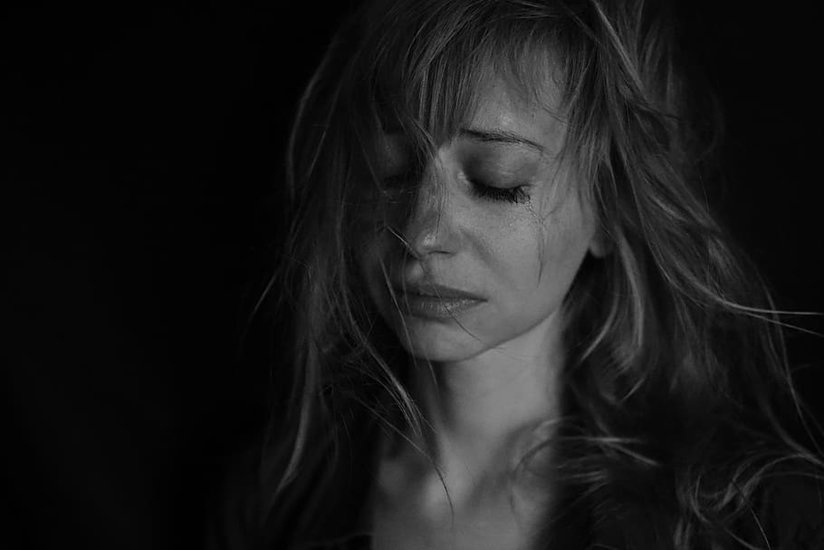
-
HOME
-
WHAT IS STANDOur Mission Our Values Our Help Contact
-
WHAT WE FIGHT FORReligious Freedom Religious Literacy Equality & Human Rights Inclusion & Respect Free Speech Responsible Journalism Corporate Accountability
-
RESOURCESExpert Studies Landmark Decisions White Papers FAQs David Miscavige Religious Freedom Resource Center Freedom of Religion & Human Rights Topic Index Priest-Penitent Privilege Islamophobia
-
HATE MONITORBiased Media Propagandists Hatemongers False Experts Hate Monitor Blog
-
NEWSROOMNews Media Watch Videos Blog
-
TAKE ACTIONCombat Hate & Discrimination Champion Freedom of Religion Demand Accountability
Don’t Scientologists Believe in Mental Illness?
One statement I see made in the media that I find especially frustrating is that Scientologists don’t “believe” in mental illness. It’s such a misinformed generality that it’s hard to know where to start. The implication is that a Scientologist, when confronted with someone hearing voices, seeing things that aren’t there, or exhibiting other extreme behavior, would simply refuse to admit there was anything wrong with the person.
That’s ridiculous.

Life can be hard. It is kinder to some people than to others, and at times it can overwhelm individuals to the point where their subjective sense of reality no longer aligns with “everyone else’s.” Anyone who has ever walked down Hollywood Boulevard in Los Angeles (or any similar street in cities around the world) has come face to face with people who are clearly struggling with all kinds of issues affecting their perceptions and behavior.
I’m a Scientologist and I “believe” in mental illness. I have seen it countless times. But I vehemently disagree with and reject the idea that the solution to a person’s problems is to label and drug or shock them.
The thing that Scientologists take issue with is the lack of science behind so much of the psychiatric community’s categorizations and diagnoses of these obvious behavioral issues. And even more important, what possible good comes from merely naming a condition when there’s no hard science to prove it, and no cure? All that happens is people are turned into life-long “patients” who come to define themselves and their human experience through the distorted lens of a “condition” they have been told they have.
For every other type of disease, there are objective physical tests that can be done to demonstrate their presence. Cancer, heart disease, diabetes, and high blood pressure can all be objectively proven to exist. But as often as Big Pharma and the medical establishment have repeated the “chemical imbalance” theory, they haven’t been able to make it anything more: a theory is all it is. There are no objective tests and there’s no set standard for which balance of which chemicals we’re supposed to have.
When you bring this up to the psychiatric establishment, the response is that you’re over-simplifying something incredibly complex, and that the average person simply can’t understand how the brain functions.

To me this sounds like the psychiatric powers that be admitting they don’t actually know what they’re talking about. I would be OK with that if they then approached the area with caution and humility. Instead the public at large have been treated like guinea pigs in some large-scale and incredibly lucrative experiment while these supposed “authorities” try to figure it all out—if that really is their goal. (After all, you can’t make any more money on a guy once you’ve cured him.)
I’m a Scientologist and I “believe” in mental illness. I have seen it countless times. But I vehemently disagree with and reject the idea that the solution to a person’s problems is to label and drug or shock them with electricity until they become so docile that their break with reality no longer bothers the people around them.
More and more research into diet, environmental toxins, and even our gut’s microbiome is providing a growing mountain of evidence that suggests that there are many factors that contribute to the mental, emotional or spiritual breakdown of an individual. Simply masking the symptoms or numbing the person so much that they become “well-behaved” is not nearly good enough to be called a solution. We can—and we must—do better for each other than that.









